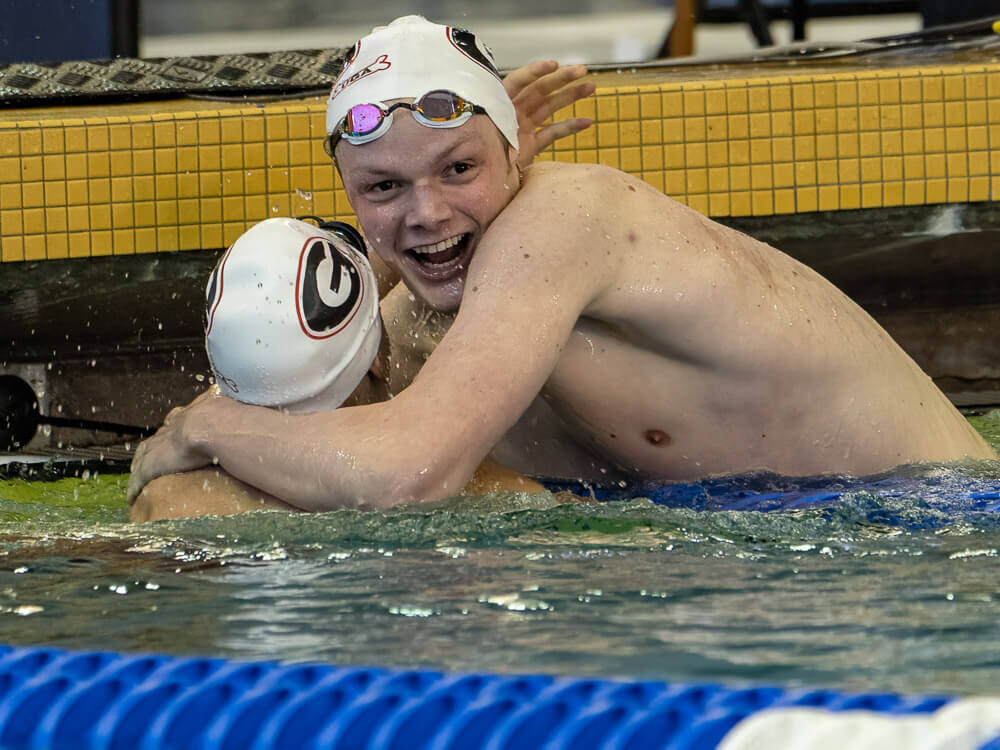Are You A Proactive or Reactive Swimmer? Let’s Find Out

Are You A Proactive or Reactive Swimmer? Let’s Find Out
Even though the article refers to swimmers, anyone who reads it could apply the gained knowledge into his or her daily routine.
Swimmers are constantly facing different experiences and circumstances that can impact their performance. These circumstances include, but are not limited to, controversies, new rules, changes in the competitive schedule, uncertainty, and even pandemics. Therefore, swimmers should be proactive when responding and accepting external circumstances in the best way possible.
What Does It Mean To Be Proactive?
The Reactive Swimmer
Reactive swimmers are those who often blame their physical environment. One of the most dangerous things about being a reactive swimmer is the action of empowering the weakness of external circumstances. This empowerment could result from a constant influence of feelings and the behavior of others. For example, empowering my lane buddy’s attitude, after a bad day at school, would negatively impact my training session.
Proactive vs. Reactive Language
Language is the most realistic indicator of how we see and think about ourselves. For instance, a reactive swimmer may speak in a certain way that absolves himself or herself of responsibility. On the contrary, a proactive swimmer takes responsibility. To better explain the difference, let’s use the following example. The scenario is: the championship season competitive schedule was modified due to COVID-19 circumstances. With that in mind, a reactive swimmer could respond by saying: “There’s nothing I can do to adapt my training schedule, so I won’t compete.” In contrast, a proactive swimmer might respond with another attitude, saying: “I will discuss different alternatives with my coach and work from there.”
Besides communicating an idea and serving as a self-awareness tool, the language demonstrates the attitudinal value used toward each circumstance. Hence the famous quote by Stephen R. Covey: “The way we see the problem is the problem”.
What If I Cannot Control the Problem?
Conclusion
In the past couple of years, swimming has experienced different events that have impacted the athletes’ physical and mental development. It is in the swimmers’ best interest to learn how to respond. Unfortunately, an inappropriate response or adaptation could lead to the failure of accomplishing goals and early retirement. For that reason, swimmers must learn how to be proactive and work on the things that they can control.
All commentaries are the opinion of the author and do not necessarily reflect the views of Swimming World Magazine nor its staff.




??